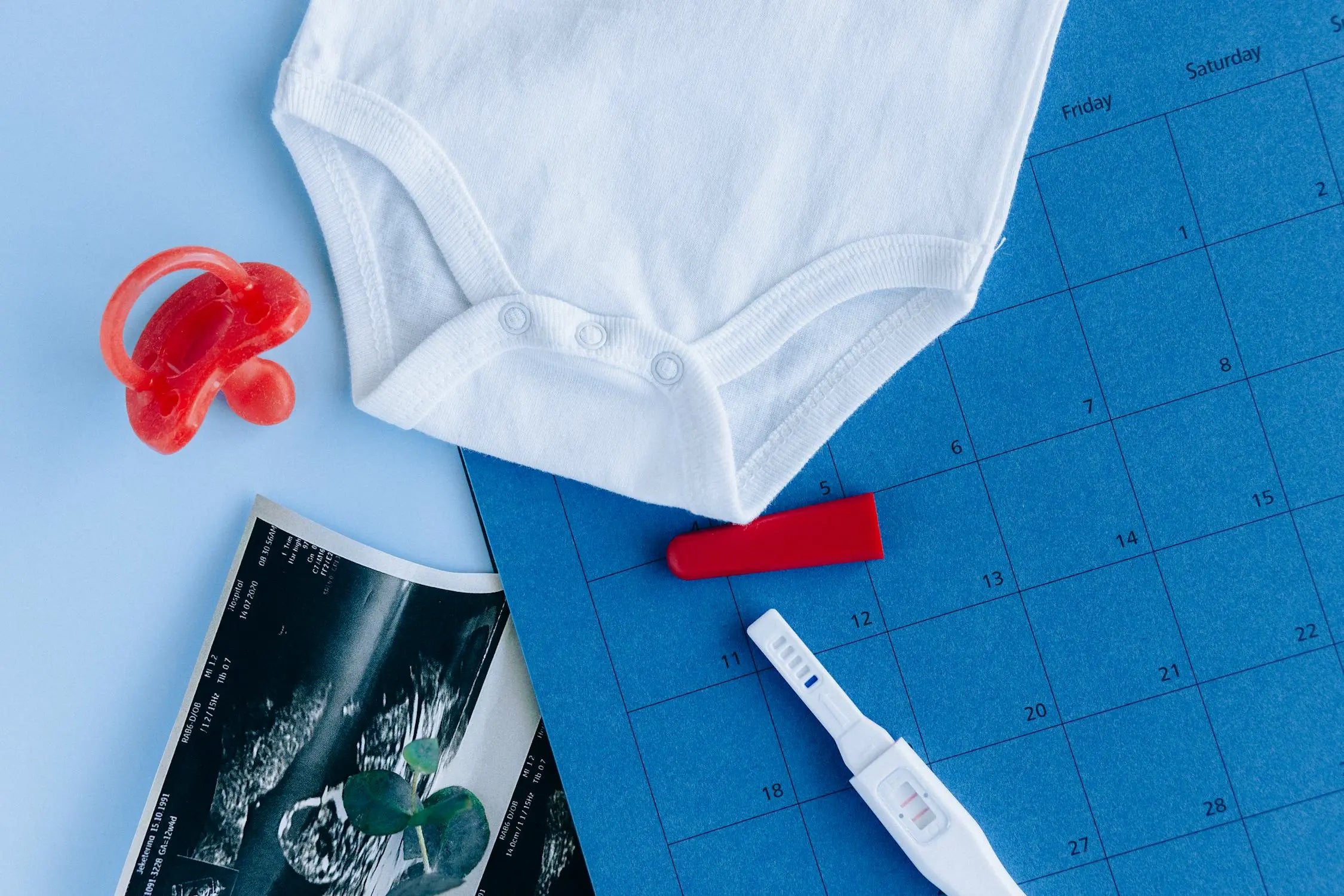Home
Pregnancy, Breastfeeding, and Pumping: The Ultimate Guide for Moms
Why Is Morning Pee Better for a Pregnancy Test?

Why Is Morning Pee Better for a Pregnancy Test?
When it comes to taking a pregnancy test, timing is everything. Many women wonder why morning pee is often recommended for the most accurate results. The answer lies in the science behind hormone concentration and how it affects the test's reliability. Understanding this can help you make informed decisions and reduce unnecessary stress during this crucial time.
The Science Behind Morning Urine
Morning urine, also known as the first-morning urine, is typically more concentrated than urine collected later in the day. This concentration is due to the fact that you haven't consumed fluids or urinated for several hours while sleeping. As a result, the levels of human chorionic gonadotropin (hCG), the hormone detected by pregnancy tests, are higher in the morning. Higher hCG levels increase the likelihood of the test detecting a pregnancy, especially in the early stages.
Why hCG Concentration Matters
hCG is produced by the placenta shortly after a fertilized egg attaches to the uterine lining. In the early stages of pregnancy, hCG levels double approximately every 48 to 72 hours. However, these levels are still relatively low during the first few weeks. Using morning urine ensures that the test has the best chance of detecting even the smallest amounts of hCG, making it more reliable than tests taken later in the day.
Factors That Affect Urine Concentration
Several factors can influence the concentration of hCG in your urine. Drinking large amounts of fluids before taking a test can dilute your urine, making it harder for the test to detect hCG. Similarly, frequent urination can also reduce the concentration of the hormone. This is why morning urine, which is less likely to be diluted, is often the best choice for accurate results.
When to Take a Pregnancy Test
While morning urine is ideal, it's not the only time you can take a pregnancy test. If you miss your period or experience early pregnancy symptoms, you can still take a test later in the day. However, keep in mind that the results may be less reliable. For the most accurate results, it's best to wait until you have access to your first-morning urine.
Tips for Taking a Pregnancy Test
To ensure the most accurate results, follow these tips when taking a pregnancy test:
- Use your first-morning urine whenever possible.
- Read the instructions carefully and follow them step by step.
- Avoid drinking excessive fluids before taking the test.
- Use a timer to check the results within the recommended time frame.
- If the result is negative but you still suspect you're pregnant, wait a few days and test again.
Understanding False Negatives and Positives
While pregnancy tests are generally accurate, false negatives and positives can occur. A false negative may happen if the test is taken too early or if the urine is too diluted. On the other hand, a false positive can occur due to certain medications or medical conditions. Using morning urine can help minimize the risk of a false negative by ensuring the highest possible concentration of hCG.
The Emotional Impact of Pregnancy Testing
Taking a pregnancy test can be an emotional experience, whether you're hoping for a positive or negative result. The uncertainty and anticipation can be overwhelming, which is why it's important to take steps to ensure the most accurate results. Using morning urine can provide peace of mind and reduce the likelihood of needing to retest.
When to Consult a Healthcare Professional
If you receive a positive result on a home pregnancy test, it's important to confirm the result with a healthcare professional. They can perform a blood test, which is even more accurate than a urine test, and provide guidance on next steps. Similarly, if you receive a negative result but continue to experience pregnancy symptoms, consult a doctor to rule out other potential causes.
Understanding why morning pee is better for a pregnancy test can make a significant difference in the accuracy of your results. By following best practices and taking the test at the right time, you can reduce uncertainty and make informed decisions about your health. Whether you're hoping for a positive or negative result, taking these steps can help you navigate this important moment with confidence.
Share
